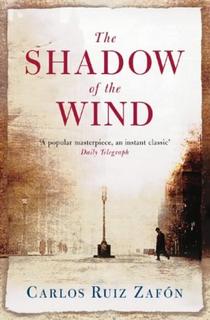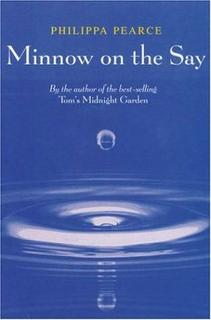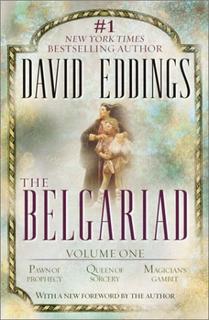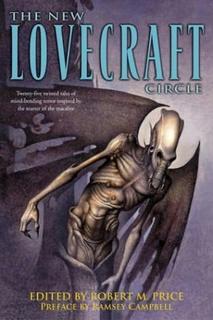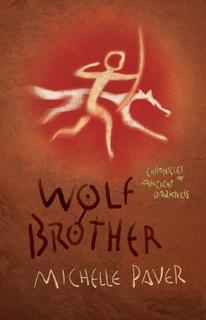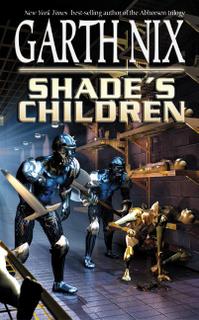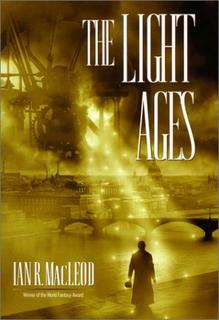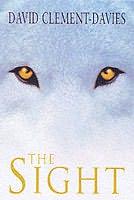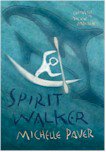
I know what you're thinking: 'Ooooh! Pretty cover!' Or is it just me? Anyway, I guess there was some good in picking up Wolf Brother late, because apparently, here the sequel is! And to add to the happiness- it's in hardcover, and I NEVER buy books in hardcover unless they're from PLB. The reasons why I bought this particular one in hardcover are 1) It's pretty, 2)It was the birthday present from mom, and 3) for a hardcover book, it's pretty darn cheap- 50 bucks. Normal hardcover books have a tendency to go to 60 and 70.
Oh well, money matters aside, let's get down to the book itself. Now, Spirit-Walker takes off a few seasons after the end of Wolf Brother. Torak's been spending time with the Ravens, and far off somewhere else, Wolf has grown up. Needless to say, they still think about each other. If you were hoping for a reunion, then rejoice. If you were not hoping for a reunion because it would somehow cheapen the goodbye from Wolf Brother, don't worry so much about it- the reunion doesn't happen on page one. It happens quite late into the story anyway. The entire story is being told through the perspectives of three characters: Torak, Wolf, and Renn (yes, she's back).
So, after dispatching the demon-bear in Wolf Brother and having learnt a few important bits about his past, in this book Torak is going to have to dispatch yet another demon. Not a physical one this time- it's a sickness that has been spreading around the forest, causing people and animals to go mad. Suspecting that the whole thing ties to him and what he really is (no, he doesn't know yet. Fin-Kedinn told him), he sets off on a journey to find the cure, which takes him beyond the forest this time- to the sea.
Once again Paver pulls off her magic of drawing you into her world. With a new major setting, she introduces new concepts, new aspects of the living world she introduced to you in the first book, without being too repetitive. And it remains every bit as believeable as the first. Well, not counting one or two bits. And it's every bit as captivating- her ability to keep you turning pages hasn't deteriorated (yet. give her a couple more billion dollars and the ability to write up to book Five, and then we'll see), and at the end of the day, if you enjoyed the first one, you will love this one. The descriptions of the way people lived, their beliefs, its all here.
If there are any flaws, then I'd say that it still feels a bit rushed, though not as rushed as Wolf Brother. So that's at least an improvement. The storyline is constructed well enough, but there are a few things that might be a bit predictable. Apart from that, the revelation at the ending didn't feel explosive enough, even if Paver might have inteded for it to be that way.
All in all, a good read.
9 out of 10. Keep em' coming Ms Paver!
(Soul Eater, the next book comes out in 2006)


